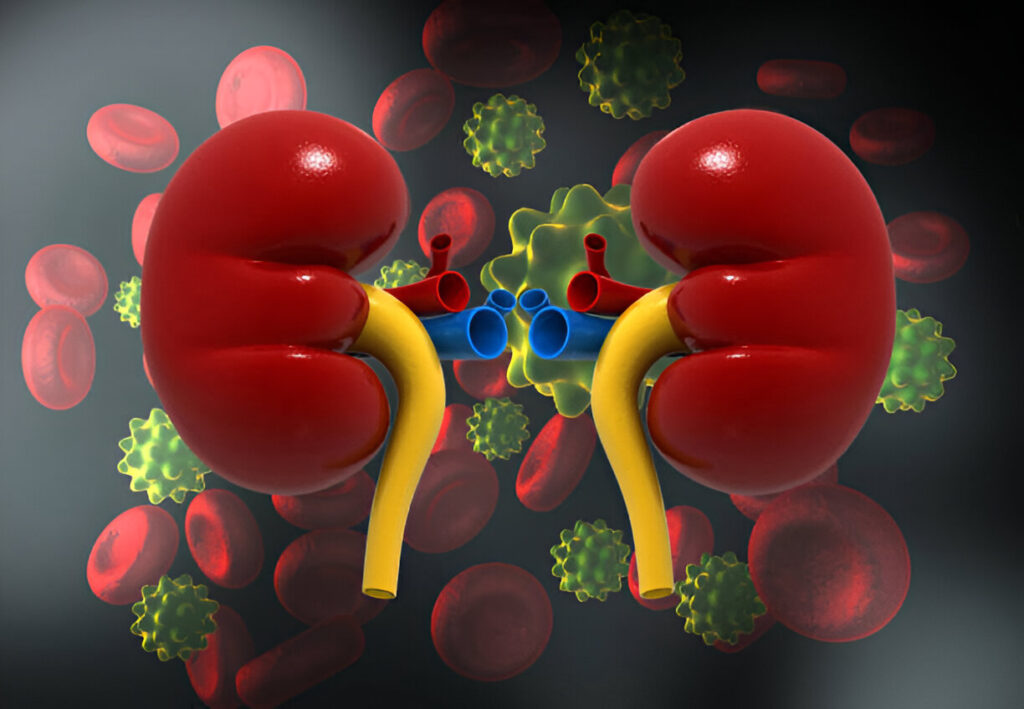Plastic surgery can help you create the face and figure you always desired. Whether you want a facelift, body contouring, or breast augmentation, a certified plastic surgeon such as Dr. Joel Aronowitz can help. However, like any invasive surgery, there is always the risk of infection, which is why it’s important to know what to look for and how to prevent it.
What Are Signs of Infection?
After you get plastic surgery treatment, the risk of infection may set in. While you can expect to have some redness and swelling within the first few days or weeks as the body heals, too much redness and swelling at the incision site may signal infection if it doesn’t improve or even worsen. Look out for fluid or pus draining from the areas — it may have an unusual color like green or yellow with a foul odor. As your stitches or sutures heal, you can expect some pain, tenderness, and warmth in the area that’ll eventually subside. However, if it doesn’t subside within a couple of weeks, you may need to see a doctor to check it out.
Your body can show signals beyond how the surgical site appears and feels that indicate your body is fighting off an infection. Do you notice increased fatigue or an overall feeling of unwellness? Take your temperature to see if you have a fever over 101°F — be mindful if it’s accompanied by sweating or chills.
How Can You Prevent Infection from Surgery?
Regardless of the type of surgery you have — outpatient cosmetic surgery or inpatient — always follow your doctor’sinstructions beforehand. Surgeons like Joel Aronowitz MD may tell you to avoid shaving the surgical area as it can create tiny cuts for bacteria to hide in. Be open and honest about any health conditions you have that could put you at risk for complications during and after the procedure. Alert your doctor if you’re on existing medication. Ensure you have a clean and sanitary space to go back to.
After surgery, follow all hygienic instructions about keeping the wound clean and dry. If your doctor gives you antibiotics to prevent infection, take them. A healthy diet and plenty of water can also help the body heal and flush toxins out. If you’re a smoker, understand that that can increase your infection risk and slow down healing. Make sure you pay extra attention to your body at this time, especially the incision site. The earlier you notice and tend to signs of infection, the less likely you can have harsh complications.
What Can Doctors Do to Treat Surgical Infections?
A common infection treatment is antibiotics. The type of antibiotics your doctor will prescribe depends on the bacteria they identify during testing. Make sure you take your antibiotics on the schedule designated on the prescription. The incision site may also need drainage if the fluid has built up or formed an abscess. In some cases, your doctor may have to perform additional surgery to remove or heal infected tissue or manage other complications. You can also expect more follow-ups with your doctor afterward to ensure the infection has gone down.



